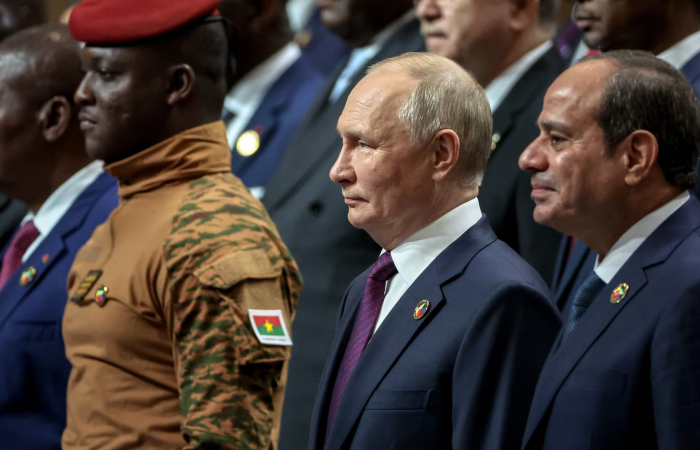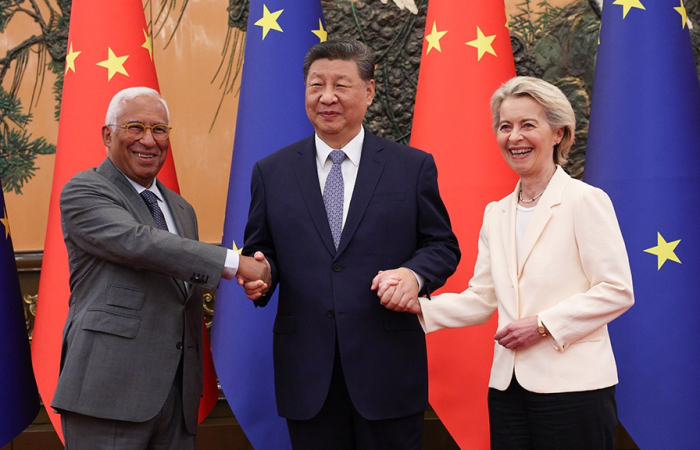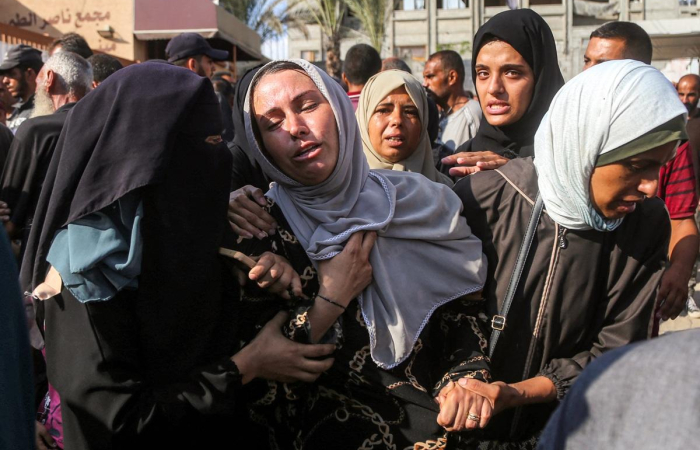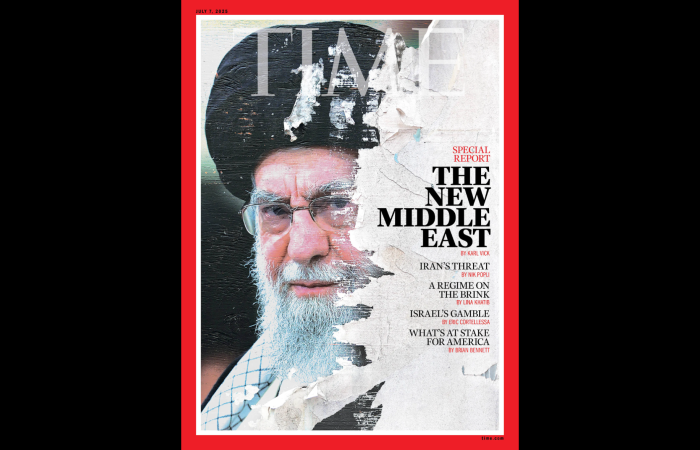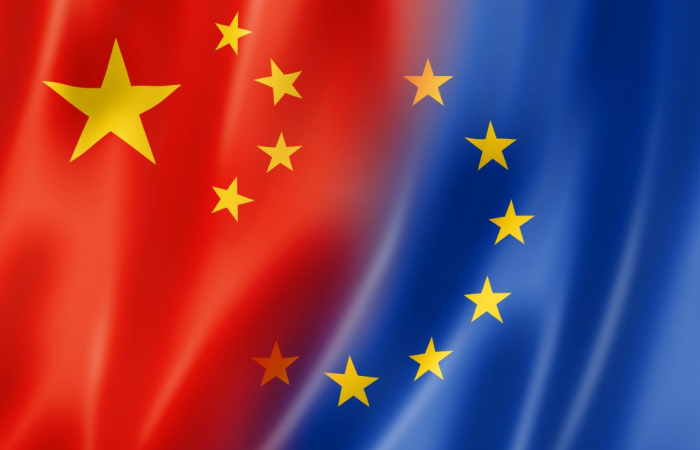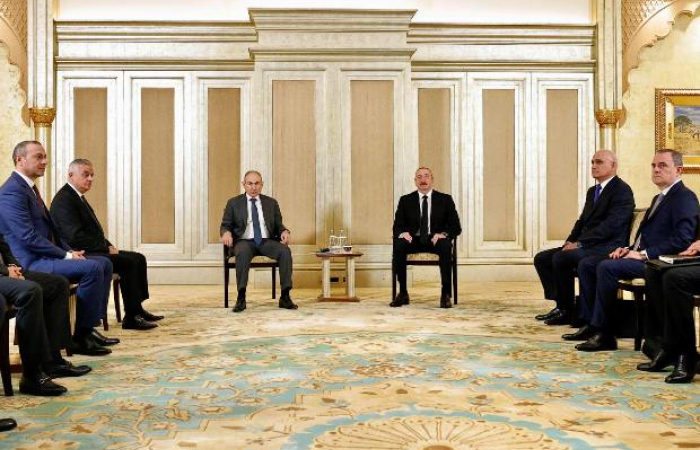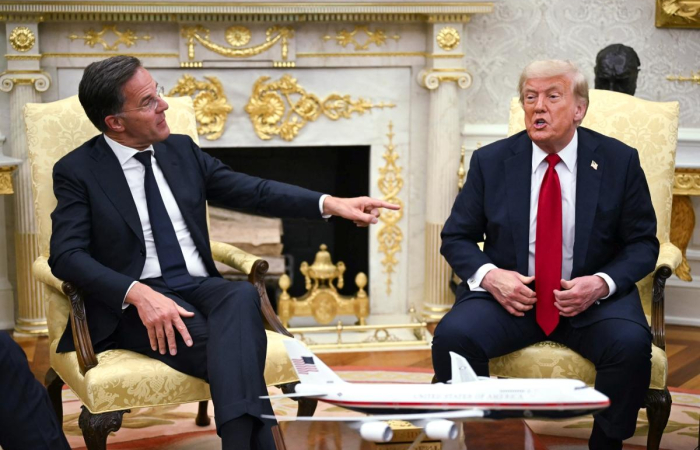Editor's choice
This is a members’ functionality. Please
Sign upNews
Trending
A shortened EU-China summit on Thursday will be a test for both sides
19 July 2025
European Council President, Antonio Costa, Commission President, Ursula von der Leyen, and EU High Representative for Foreign and Security Policy, Kaya Kallas, will travel to Beijing next week to participate in the EU-China summit on Thursday (24 July). The summit has already been cut from two days to one, reflecting an increasing realisation on both sides that the chance of making progress on many issues in the bilateral agenda is small.
The summit on 24 July, coincides with the 50th anniversary of relations between China and the EU, and no doubt China will want to throw a party. Chinese President, Xi Jinping, and prime minister, Li Qiange, are expected to participate in the summit. But the feeling in Brussels is that in the fifty years China had failed to create a level playing field. Whilst Chinese companies, academics and individuals had a free hand in the open European system across the continent, European companies struggled to exist
, let alone compete, in China. In a key speech in 2023, van der Leyen spoke about the need of the EU to “de risk” its ties with China.
But the issue that has really marred relations is Ukraine. China has failed to understand the significance of the situation in Ukraine for Europe. Chinese support for the Russian position diplomatically, as well as more tangibly, has cast a serious cloud over relations. This was seen clearly a few days ago in a four hour meeting in Brussels, between Kallas and Chinese foreign minister, Wang Yi, described as being “respectful, but tense”.





